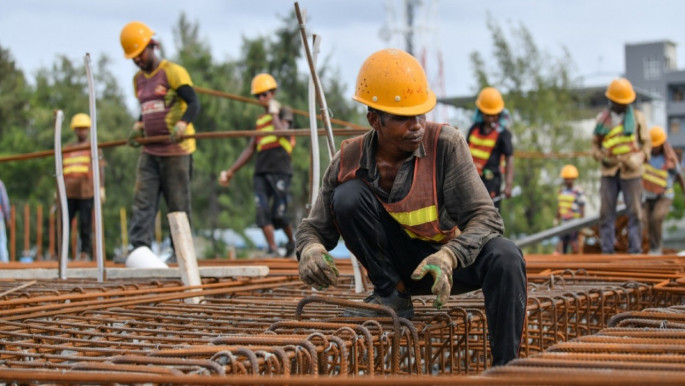Human rights groups are urging Malaysia to fix serious problems with labour trafficking before allowing new migrant workers from Bangladesh to enter the country. Thousands of Bangladeshi workers have been left jobless, undocumented, and in debt after falling victim to fake job offers in Malaysia.
Between 2021 and 2023, about 450,000 Bangladeshi workers arrived in Malaysia to do low-paid jobs on farms, construction sites, and in restaurants. But in May 2023, Malaysia stopped hiring new foreign workers after a major scam was uncovered. Many Bangladeshi workers had paid up to US$5,000 to illegal agents for jobs that did not exist.
These workers were left stranded and became easy targets for abuse and illegal work. Some had to live without jobs, documents, or support. The United Nations even called for high-level officials involved in the scam to be punished, saying the scam generated hundreds of millions of dollars.
Now, officials from Bangladesh are meeting with Malaysia’s Interior and Human Resources Ministers to discuss reopening the job market. While Malaysia needs more workers, and Bangladesh depends on money sent home by migrant workers, activists say the two governments must first protect the victims of past scams.
Glorene Das, from Tenaganita, a group that defends migrant rights, said Malaysia must help the many workers already there who are unemployed and undocumented. She said some victims are treated like criminals instead of being supported.
There have been few arrests or punishments for those behind the scam. In fact, Malaysia’s parliament is investigating a contract with a company called Bestinet, which was in charge of managing migrant worker data. Bestinet’s founder has denied all wrongdoing, but Bangladesh asked for him to be extradited.
The Malaysian Anti-Corruption Commission also arrested three immigration officers last month. They were accused of taking bribes in exchange for letting migrants through illegally. Still, no one has been taken to court yet.
Malaysia’s government has asked Bangladesh to drop what it called “false claims” about corruption. It hopes to improve its global image after being upgraded to Tier 2 on the US Trafficking in Persons (TIP) Report. But the US says more action is still needed.

